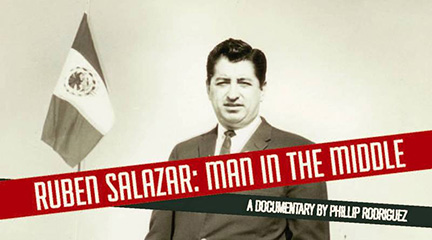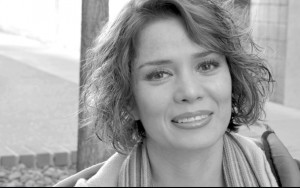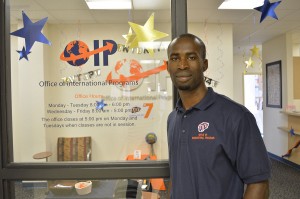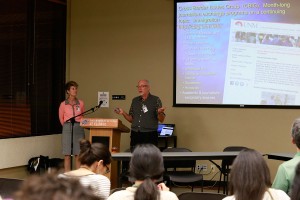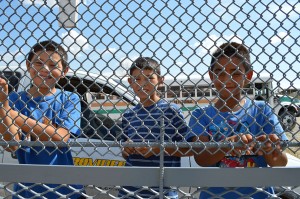Cal State LA celebrates the life of the martyred border journalist Rubén Salazar
|
California State University, Los Angeles, celebrated the 87th birthday of the late Mexican-American journalist Rubén Salazar with the inauguration of an exhibit entitled “Legacy of Rubén Salazar: A Man of His Words, a Man of His Time” that will be on display at the University’s John F. Kennedy Memorial Library until March 26. Salazar was a Mexican-American journalist who was struck and killed by a tear gas canister fired by a Los Angeles Sheriff’s Department deputy during the National Chicano Moratorium March on August 29, 1970. He was 42. “Rubén Salazar was with our people by reporting accurately, fairly and perceptively about our people when he was working as a reporter. Today Latinos become larger in numbers, but not necessarily better understood by the media or our society,” said Dr. Felix Gutierrez noted Chicano and Mexican-American history and journalism scholar.
